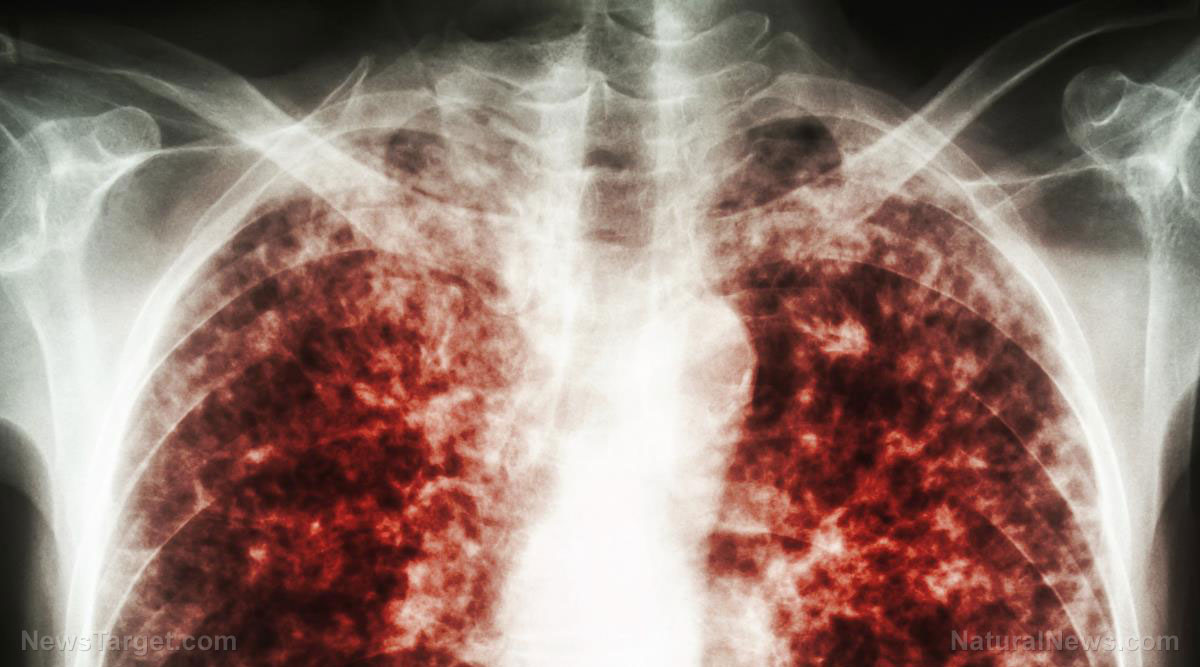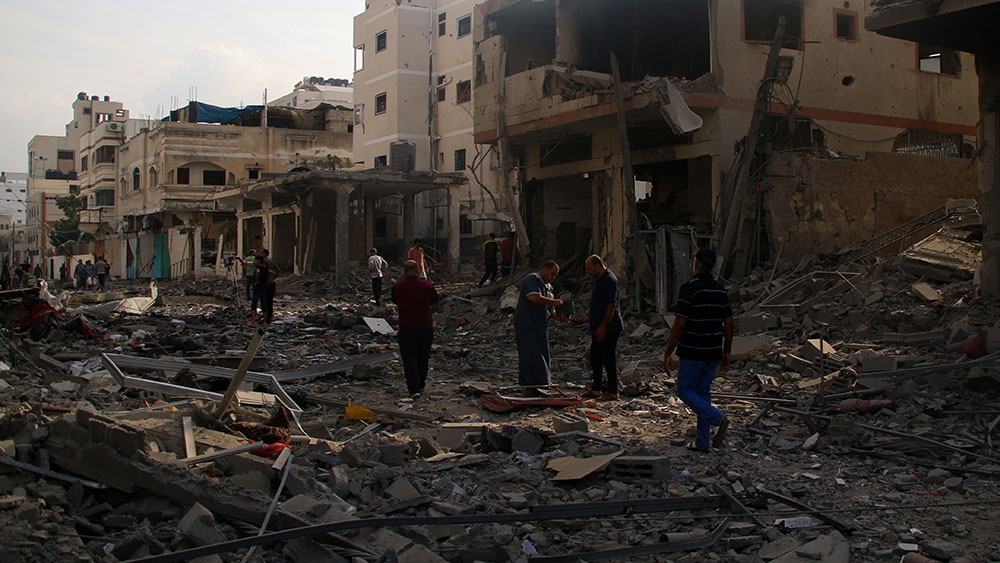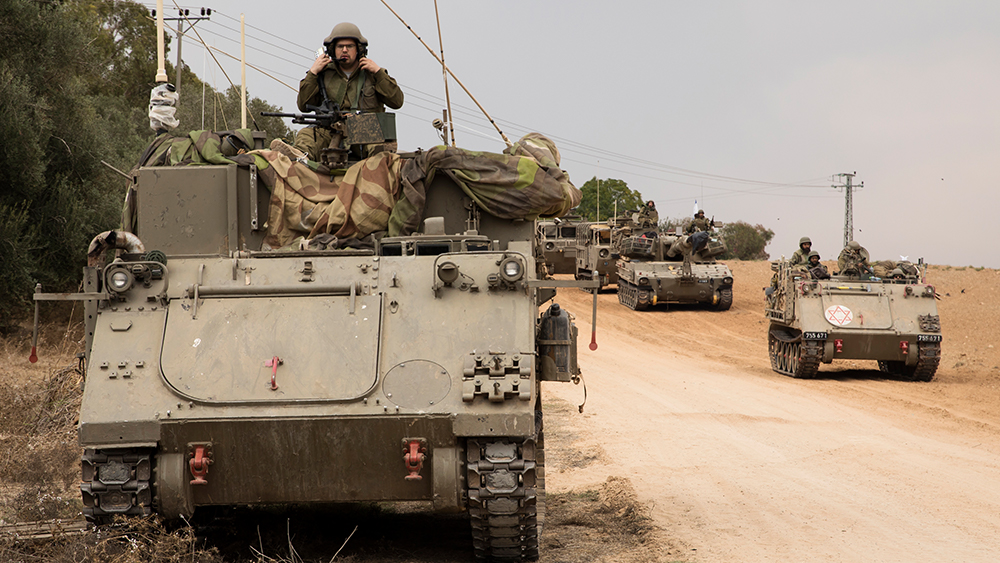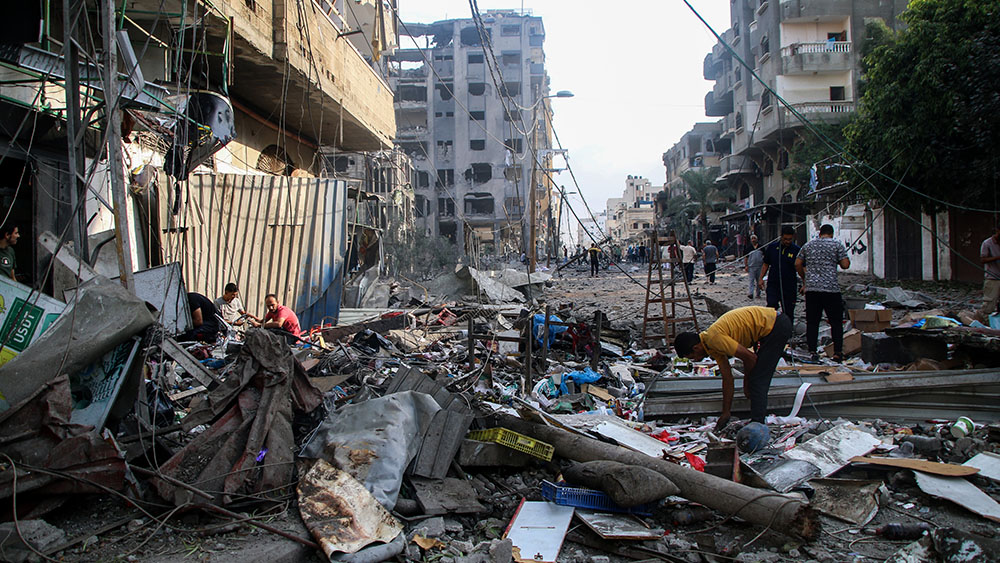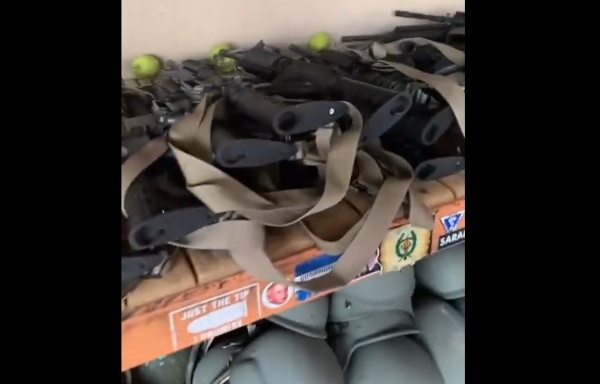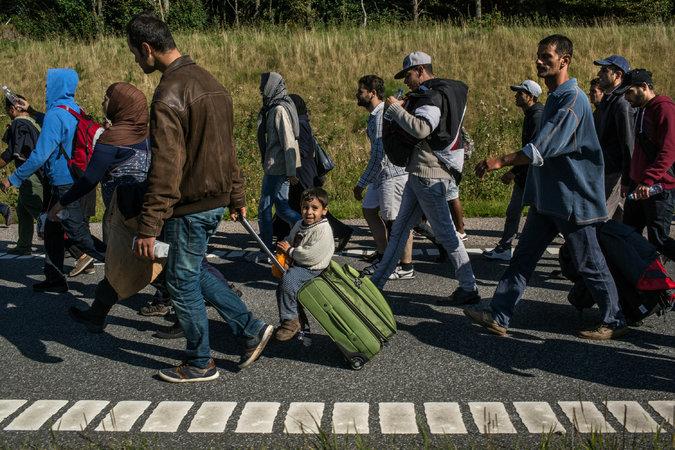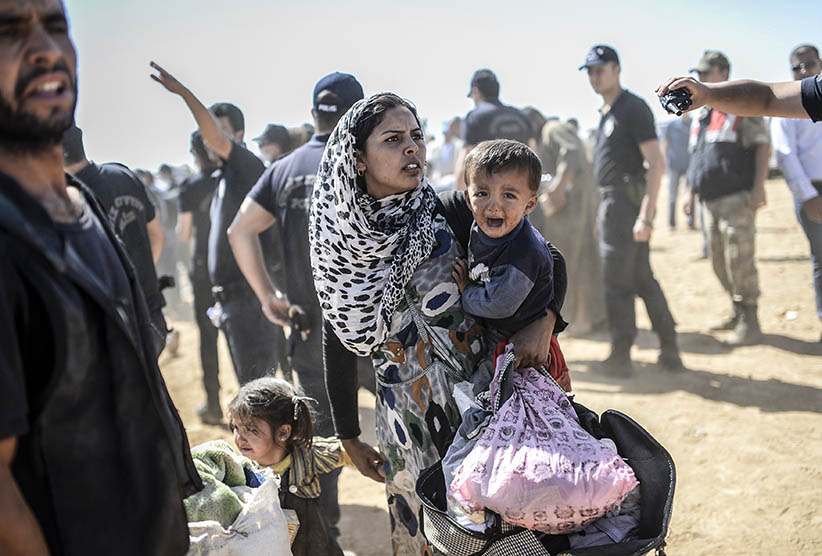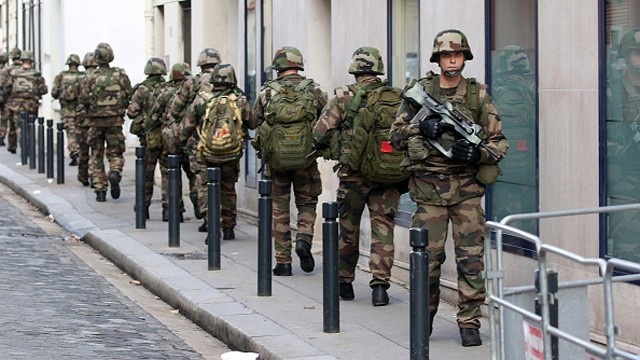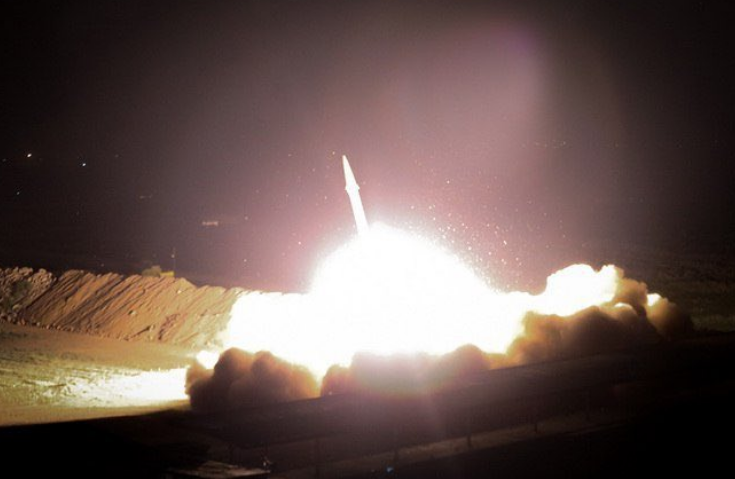Israel Home Front Command’s advice leads to surge in PANIC BUYING of food and other supplies
10/16/2023 / By Richard Brown
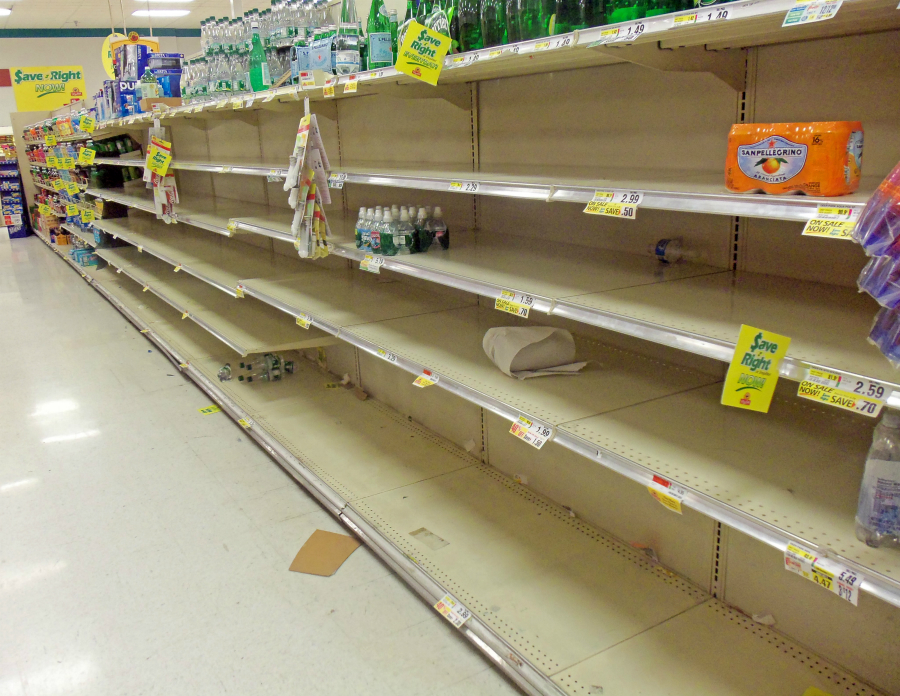
Israelis rushed to supermarkets following an Israel Home Front Command’s initial advice to store 72 hours’ worth of food and water at their homes.
The unexpected surge in panic buying left some supermarket shelves bare and led to long queues of anxious shoppers trying to secure essential supplies
The situation further escalated as the public anxiously responded to the initial announcement. Images of the long lines of shoppers navigating through the grocery store aisles and spilling out into the parking lots were broadcast on Hebrew-language news channels within an hour of the announcement, creating even more unease.
While the Home Front Command later clarified that this recommendation was not related to any anticipated shortages resulting from the ongoing war, the damage was already done.
Shoppers were alarmed, and the rush to gather provisions had already impacted the supply chain. (Related: Israel facing food shortages as Jewish Passover holiday approaches.)
Yossi, a resident of Israel’s Sharon coastal plain region, went to his local supermarket to buy groceries. To his surprise, he found that some shelves in the store had not been restocked since the previous day’s rush. Many items were completely sold out, including water, toilet paper and prepackaged snacks like chips.
“All the water and toilet paper were totally gone,” Yossi recounted. “All the snacks, too.”
Canned food items such as beans, corn and tuna were also significantly depleted, with just about half of the stock remaining. The urgency of the situation had caused many stores to run out of these essential items, forcing them to implement rationing measures in branches with limited remaining supplies.
Supermarket chain head acknowledges the issues
Ori Watermann, the CEO of Shufersal, one of Israel’s largest supermarket chains, acknowledged the extraordinary circumstances.
In a media statement the following morning, he announced restrictions on the purchase of basic food products due to high demand, supply difficulties and partial shortages in branches.
“Our responsibility toward all customers and due to heavy demand, supply difficulties and a partial shortage of products in branches, we have decided to limit the purchase of basic food products such as water, eggs, bread and milk,” said Watermann.
The limits included three liters of milk, one carton of eggs, two loaves of bread and two six-packs of large water bottles per shopper, aiming to ensure the fair distribution of essential goods among customers.
The surge in panic buying ensued amid the escalating Israel-Hamas conflict, exacerbated by a deluge of misinformation and propaganda circulating on social media. This rampant disinformation makes it increasingly challenging for individuals to access reliable updates about the ongoing conflict.
Additionally, growing tensions along the Lebanese-Israeli border are fueling concerns of a potential second front opening, further contributing to the prevailing sense of unease.
The international community is closely monitoring the situation in Israel, with foreign governments actively working to avert a broader war.
While the nation prepares for potential attacks and its populace rushes to secure essential goods, the repercussions are reverberating throughout its economy and society.
As the country’s largest supermarket chain enforces rationing measures and supply chain disruptions persist, Israel may encounter lasting economic consequences. This current scenario underscores how geopolitical tensions have the capacity to disrupt daily life and leave a significant impact on the economy.
Visit Chaos.news to read more stories about the chaos in Israel.
Watch this video about panic buying.
This video is from the World Alternative Media channel on Brighteon.com.
More related stories:
Israeli top official warns Iran’s uranium enough to build up to 5 NUCLEAR WEAPONS.
Turkish president calls for Muslim world to UNITE against Israel.
Sources include:
Submit a correction >>
Tagged Under:
big government, chaos, Collapse, food collapse, food scarcity, food supply, grocery, Hamas, hunger, insanity, Israel, panic, Panic Buying, products, rationing, scarcity, shortage, starvation, supply chain, World War III
This article may contain statements that reflect the opinion of the author
RECENT NEWS & ARTICLES
COPYRIGHT © 2017 CHAOS NEWS

